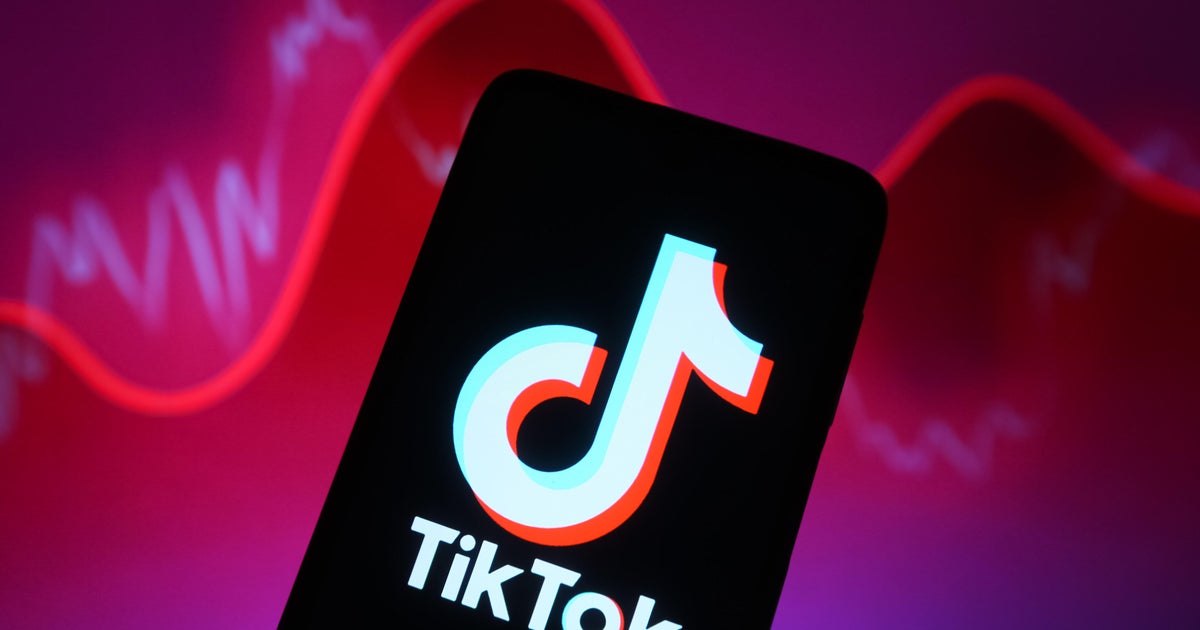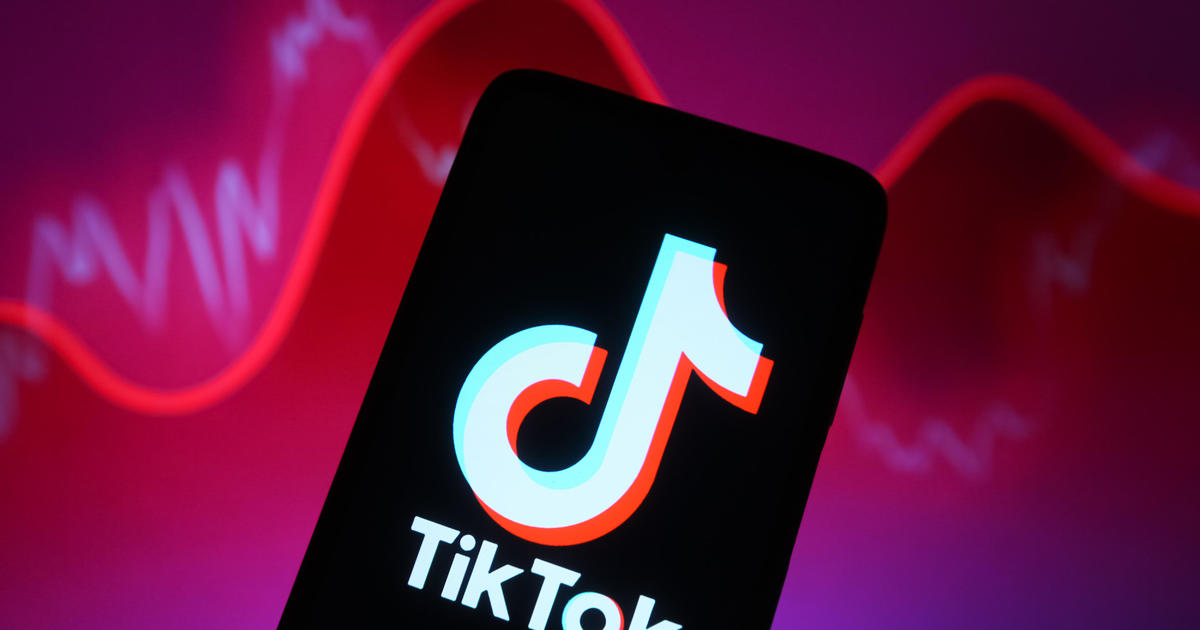
Washington — A law that could lead to a national ban of TikTok cleared the Senate Tuesday night in a bipartisan vote of 79-18, representing one of the most serious threats to the immensely popular social media app’s U.S. operations.
Some lawmakers insist they don’t want to actually ban the platform used by roughly 170 million Americans, arguing the choice lies with TikTok’s China-based parent company, ByteDance.
To keep TikTok up and running in the U.S., ByteDance must sell its stake in TikTok, and it has up to a year to do so, according to the legislation, which was signed into law on Wednesday by President Biden. But the Chinese government, which would have to sign off on any sale, opposes a forced sale. Without a divestiture, the company would lose access to app stores and web-hosting providers, effectively banning it in the U.S. The timeline could be prolonged by an expected legal battle.
“This is not an effort to take your voice away. … This is not a ban of a service you appreciate,” Sen. Mark Warner, a Virginia Democrat and the chair of the Senate Intelligence Committee, said Tuesday in a floor speech, acknowledging that many Americans are skeptical of the legislation. “At the end of the day, they’ve not seen what Congress has seen.”
Why does Congress want to ban TikTok?
Lawmakers have suspicions about the video-sharing app’s ties to China and have tried to regulate it, though prior efforts to widely restrict it have been unsuccessful. U.S. officials have repeatedly warned that TikTok threatens national security because the Chinese government could use it to spy on Americans or weaponize it to covertly influence the U.S. public by amplifying or suppressing certain content.
The concern is warranted, U.S. officials say, because Chinese national security laws require organizations to cooperate with intelligence gathering. FBI Director Christopher Wray told House Intelligence Committee members in March that the Chinese government could compromise Americans’ devices through the software.
“This app is a spy balloon in Americans’ phones” that is “used to surveil and exploit Americans’ personal information,” Rep. Michael McCaul, a Texas Republican who chairs the House Foreign Affairs Committee, said Saturday before the lower chamber passed the bill as part of a broader foreign aid package.
In classified briefings, lawmakers have learned “how rivers of data are being collected and shared in ways that are not well-aligned with American security interests,” Sen. Chris Coons, a Democrat from Delaware, said Tuesday.
Sen. Marco Rubio of Florida, the top Republican on the Senate Intelligence Committee, said last month that the Chinese government has the ability to influence “a lot of young people” who use TikTok as their main news source.
“That’s a national security concern,” Rubio said.
Warner said Tuesday that the fact that Chinese diplomats are lobbying congressional staff against the legislation, which was first reported by Politico, shows “how dearly [Chinese President] Xi Jinping is invested in this product.”
Senate Minority Whip John Thune, a Republican from South Dakota, called the lobbying effort “a stunning confirmation of the value the Chinese government places on its ability to access Americans’ information and shape their TikTok experience.”
Arguments against banning TikTok
TikTok has denied that it’s beholden to the Chinese government and has accused lawmakers who want to restrict it of trampling on citizens’ free speech rights. TikTok has vowed to mount a legal challenge, calling the law “unconstitutional.”
“We’ll continue to fight, as this legislation is a clear violation of the First Amendment rights of the 170 million Americans on TikTok and would have devastating consequences for the 7 million small businesses that use TikTok to reach new customers, sell their products, and create new jobs. This is the beginning, not the end of this long process,” TikTok executive Michael Beckerman said in an internal company memo obtained by CBS News that was sent to TikTok staff on Saturday.
In a video on Wednesday, TikTok CEO Shou Zi Chew said “the facts and the Constitution are on our side and we expect to prevail again.” He said the company has invested billions of dollars to secure user data and “keep our platform free from outside manipulation.”
TikTok began an initiative known as “Project Texas” in 2022 to safeguard American users’ data on servers in the U.S. and ease lawmakers’ fears. But Warner argued Tuesday that the initiative was insufficient because it would still allow TikTok’s algorithm and source code to remain in China, making them “subject to Chinese government exploitation.”
Democratic Sen. Ed Markey of Massachusetts said Tuesday on the Senate floor that TikTok poses national security risks, but the legislation amounted to “censorship” because it could deny Americans access to a platform they rely on for news, business purposes, building a community and connecting with others.
“We should be very clear about the likely outcome of this law,” Markey said. “It’s really just a TikTok ban. And once we properly acknowledge that this bill is a TikTok ban, we can better see its impact on free expression.”
Sen. Rand Paul, a Republican from Kentucky, wrote in a recent opinion piece that the law could be a gateway to the government forcing the sale of other companies.
“If the damage to one company weren’t enough, there is a very real danger this ham-fisted assault on TikTok may actually give the government the power to force the sale of other companies,” he wrote and predicted that the Supreme Court will ultimately rule the law is unconstitutional.
Nikole Killion and Alan He contributed reporting.
More from CBS News
Caitlin Yilek
Caitlin Yilek is a politics reporter at cbsnews.com and is based in Washington, D.C. She previously worked for the Washington Examiner and The Hill, and was a member of the 2022 Paul Miller Washington Reporting Fellowship with the National Press Foundation.

